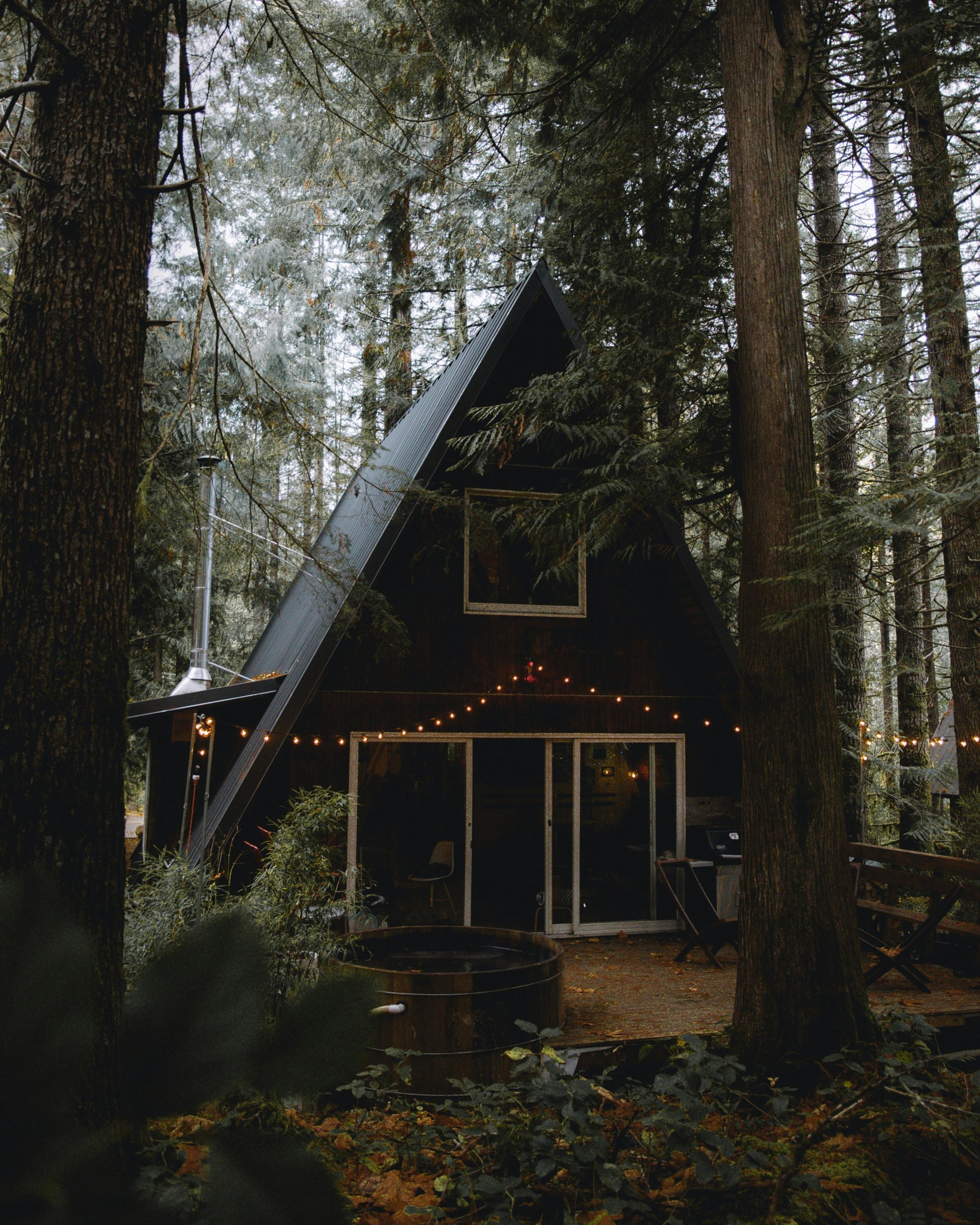Investing in a vacation home or second property can be an exciting venture. Whether you’re looking for a peaceful retreat, a rental income source, or a future retirement spot, buying a vacation home requires careful planning and consideration. Here are some essential tips to guide you through the process.
1. Determine Your Purpose
Before diving into the market, clarify why you want to buy a second property. Are you looking for a vacation spot, an investment property to rent out, or a combination of both? Understanding your primary purpose will help you make informed decisions about location, size, and amenities.
2. Choose the Right Location
Location is crucial when purchasing a vacation home. Consider the following factors:
- Proximity: How far is the property from your primary residence? A place within a few hours’ drive may be more convenient for frequent use.
- Attractions: Look for areas with desirable features like beaches, mountains, lakes, or cultural attractions.
- Accessibility: Check the availability of airports, highways, and public transportation.
- Local Market: Research the real estate market in the area. Is it a popular vacation destination? What are the trends in property values?
3. Evaluate the Property
When evaluating potential properties, consider:
- Size and Layout: Ensure the property meets your needs regarding the number of bedrooms, bathrooms, and living spaces.
- Condition: Assess the property’s condition. Older homes might have charm but could require more maintenance.
- Amenities: Look for features that enhance your experience, such as a pool, proximity to activities, or scenic views.
- Seasonality: Consider the climate and how it affects the property’s use year-round.
4. Understand the Costs
Buying a second home involves more than just the purchase price. Be prepared for additional costs, including:
- Mortgage Payments: If you’re financing the property, factor in monthly mortgage payments.
- Property Taxes: Research local property tax rates.
- Insurance: Vacation homes often require additional insurance coverage, such as flood or hurricane insurance.
- Maintenance: Budget for regular upkeep, repairs, and property management if you’re not nearby.
- Utilities: Account for utility costs, especially if the property will be vacant for extended periods.
5. Financing Options
Securing financing for a vacation home can be different from your primary residence. Here are some common options:
- Conventional Loans: These loans typically require a higher down payment (often 20-30%) and come with stricter credit requirements.
- Home Equity Loans: If you have significant equity in your primary home, you might consider a home equity loan or line of credit.
- Vacation Home Loans: Some lenders offer specific loans for second homes with favorable terms.
- Cash Purchase: If you have the means, paying cash can simplify the buying process and eliminate monthly mortgage payments.
6. Rental Potential
If you plan to rent out your vacation home, consider the rental market in the area:
- Demand: Research the demand for short-term rentals in the location.
- Rental Income: Estimate potential rental income and compare it to your costs.
- Property Management: Decide whether you’ll manage rentals yourself or hire a property management company.
7. Legal and Tax Considerations
Understanding the legal and tax implications of owning a second home is essential:
- Zoning Laws: Check local zoning laws and homeowners association rules regarding short-term rentals.
- Tax Benefits: Second homes can offer tax benefits, such as mortgage interest deductions, but rules differ from primary residences.
- Rental Income Tax: If you rent out the property, you’ll need to report rental income and may be eligible for certain deductions.
8. Visit the Property
Before making a final decision, spend time in the area and visit the property multiple times. This will give you a better feel for the location, the neighborhood, and the property itself.
Buying a vacation home or second property can be a rewarding investment, offering a place to escape and potential rental income. By carefully considering your needs, researching the market, and understanding the financial and legal aspects, you can make a smart and satisfying purchase. Happy house hunting!

 Facebook
Facebook
 X
X
 Pinterest
Pinterest
 Copy Link
Copy Link

